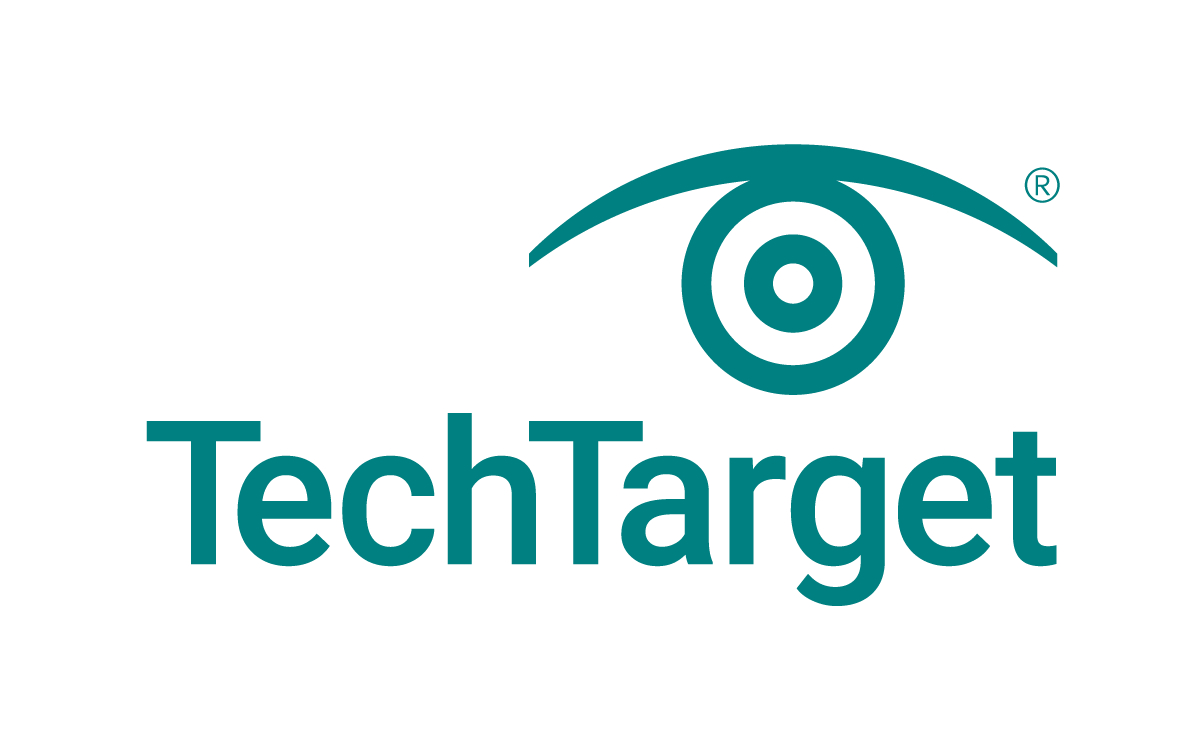
Editor's Note Wisconsin nurses—including Certified Registered Nurse Anesthetists (CRNAs)—gain more autonomy under legislation signed August 8 by Governor Tony Evers, according to an August 8 report in the Milwaukee Journal Sentinel. Under the new legislation, nurse practitioners, clinical nurse specialists, CNRAs and certified nurse-midwives who meet certain qualifications may obtain…

Editor's Note Hundreds of urban hospitals have obtained dual urban-rural Medicare classifications since a 2016 policy change, enabling them to qualify for reimbursement programs intended for rural providers. Fierce Healthcare reported the news August 4. As detailed in the article, a study published in Health Affairs by Johns Hopkins and…

Editor's Note Two workers at an ambulatory surgery center (ASC) are facing federal charges after allegedly interfering with an Immigration and Customs Enforcement (ICE) arrest, The Independent July 27 reports. The federal agents reportedly arrested one of the workers and are pursuing the other after both were accused of assaulting…

Editor's Note Nearly half of hospital harm events—particularly surgical events—were not captured by reporting systems, according to a July 30 TechTarget report on new findings from the Office of Inspector General (OIG). The OIG report examined 299 harm events experienced by a nationally representative sample of 770 Medicare patients discharged…

Editor's Note A federal judge has ordered the Trump administration to restore health-related webpages and datasets removed under a January executive order, according to a July 29 article in Medscape. The ruling follows a lawsuit by Doctors for America and the city and county of San Francisco, which argued that…

Editor's Note CMS is boosting 2026 Medicare outpatient payments by 2.4%, but provider groups warn the increase barely scratches the surface of mounting financial strain. Alongside the payment bump, the agency is proposing a two-track physician reimbursement model that ties rates to value-based care participation. While some see these moves…

Editor's Note The Department of Health and Human Services (HHS) has launched a major initiative to reform the US organ transplant system following disturbing findings about organ procurement practices. Fierce Healthcare reported the news July 21. According to the article, the initiative was triggered by a directive from HHS to…

Editor's Note Although the newly enacted One Big Beautiful Bill Act is best known for major Medicaid cuts and a temporary Medicare Physician Fee Schedule increase, it also carries significant policy changes that could affect providers, patients, and the physician workforce, MedPage Today reported July 11. The article lists five…

Editor's Note Hospital mergers and acquisitions saw a slight increase in Q2 2025, but broader shifts in healthcare affiliations and delivery models continue to gather momentum, according to a July 10 Kaufman Hall analysis of M&A activity for the second quarter of 2025. The report recorded eight hospital and health…
Editor's Note Children’s hospitals are warning that newly enacted federal healthcare cuts will force them to scale back essential services and programs, jeopardizing care for the very populations Medicaid was designed to protect. The law, signed by former President Donald Trump and detailed in a July 9 article in Modern…